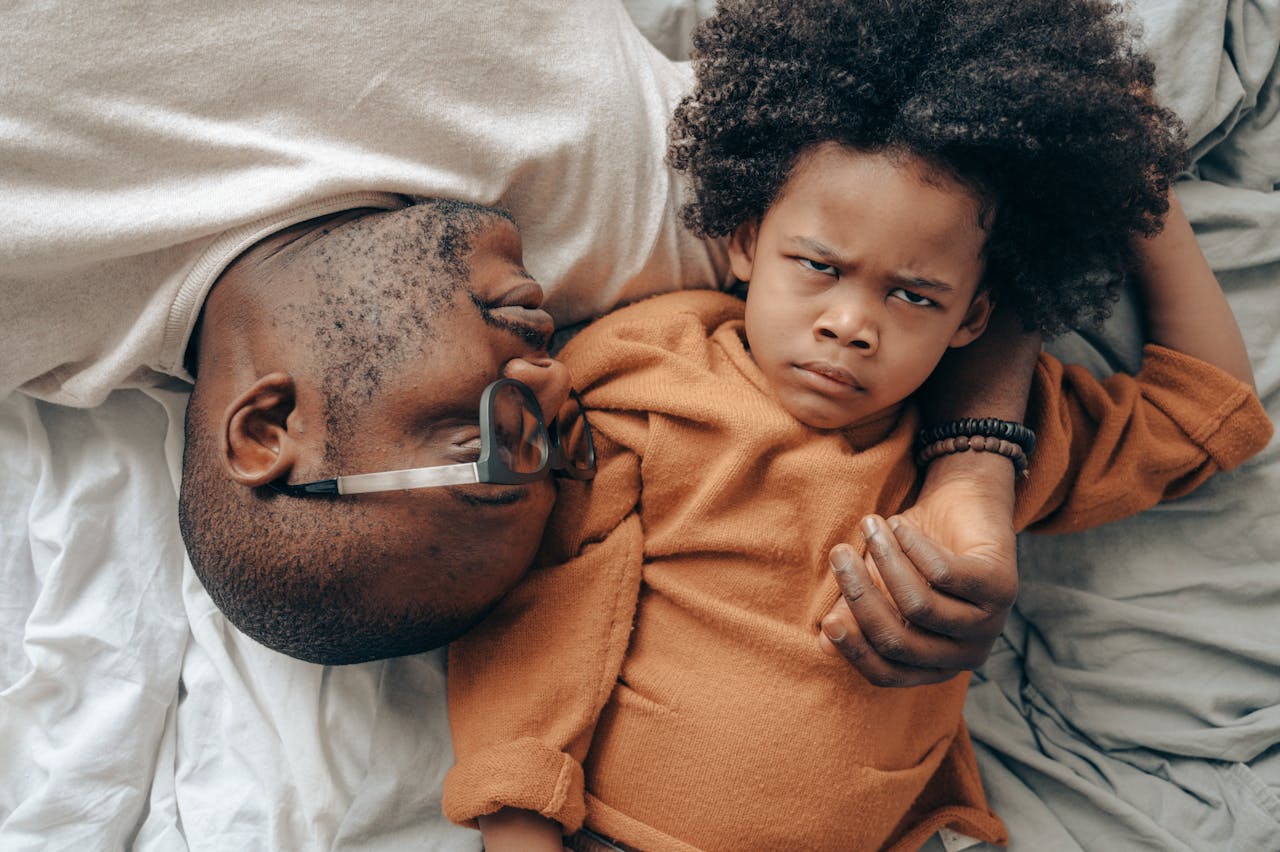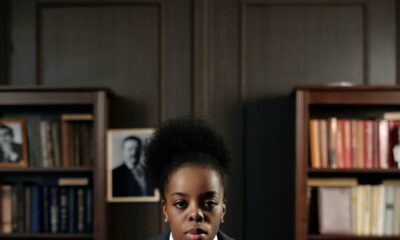Features
What If Your Child is The Bully?
Children are their own people with thoughts and behaviours that are independent of parental training and upbringing…

The social media space has been triggering this week. From issues of abuse to violence and bullying, there have been lots of think pieces about how prone our society and its people are to violence. This week, a video of two secondary school students – one hitting the other 18 times! – went viral. From the repeated slaps on both cheeks, the subduedness of the victim, the apathy of other students who were watching, we could deduce that it wasn’t the bully’s first time of abusing the victim. It was simply captured in a video this time around.
Bullying is a worrisome, yet common phenomenon in schools. Students who bully others often do so to exert dominance and improve their social status among their peers. On the flip side, victim cower and recoil into themselves, have a lower social rep and eventually become silent in the face of abuse. Victims of bullying often lack the confidence or will to fight their bullies, thereby making them look weak. So it is not surprising that many people’s responses to this issue is how they’d raise their children to be strong and confident enough to stand up to bullies. Or how they’d go fight the school authorities and the bullies’ parents. There are a million and one opinions on what they’d do if their child gets bullied. But what if it is the other way around? What if your child is the bully? Bullies have parents too and it could easily be you, no matter how well you think you have raised your child.
Jane once found out her pre-teen daughter, Mary, was the class bully. Mary had complained about how her friends refused to play with her and were ganging up against her. After several complaints, Jane went to the school to find out what the issue was. It turned out that Mary had been bullying her classmates so no one wanted to associate with her. Jane had to come up with a solution on the spot – had a chat with her classmates and class teacher, asked her daughter to apologise to them, asked them to hug one another, bought a few goodies for the kids, and later had that big talk with her daughter. That was the end of it.
Another mother, Felicia, also shared how she couldn’t believe her son was a bully at school. He’d been bullying his classmate who came from a very humble home and wore worn-out shoes to class. He’d bullied the boy so much that he lost the will to go to school and his parents had to reach out to the class teacher. How did Felicia handle it? She asked her son to exchange shoes with the victim and made him wear the victim’s worn-out shoes to school for at least a week; it was her way of teaching him to be humble even amidst opulence. She also made him apologise and bought the victim a new pair of shoes.
There’s a similarity between Jane and Felicia: both of them had not raised their children to be bullies. Alas! These things happen. Environment and family culture play a huge role in whether or not your child will turn out to be a bully. If we’re keeping it a buck, our society is one that encourages bullying. Parents bully their children all the time. Adults bully young ones. Teachers/lecturers bully students under the guise of discipline. Politicians bully citizens. Civil servants bully applicants all the time – have you tried getting your passport recently? Policemen and armed forces bully civilians. We have a culture of silence in our society: how many times were you able to look in your parents/teachers/elders’ eyes to tell them they were wrong and you were hurt by their actions. Did they ever acknowledge their wrongs and apologise to you, or did they shut you up? We live in a society where aggression – particularly towards people we feel are lesser to us – is normalised, and many grew up in a home where bullying, in many shapes, forms and sizes, are rife. So it is no surprise that bullying is this common in secondary schools – it is a reflection of the society we live in.
That does not take away individual personalities and psychological factors. In Jane and Felicia’s stories, both children did not come from abusive home nor did they have parents who encouraged bullying. Still, they were bullies. This is because children are their own people with thoughts and behaviours that are independent of parental training and upbringing. Sometimes, children mimic behaviours they see in their social circles, and the need to be seen as cool trumps their empathy for others. This is why parents play a significant role in shaping and correcting children’s attitudes and behaviours. Jane and Felicia intervention when their children turned out to be bullies demonstrate the importance of parental guidance and accountability. By addressing their children’s behaviour, asking them to apologise, and teaching them empathy and respect for others, they actively worked to prevent further harm and foster positive social interactions.
It is also important for schools to take proactive measures to combat bullying. After the video of the girls went viral, several other videos of students being bullied by fellow students sufficed – a poor reflection of a school environment where bullying thrives and festers, and an indictment on the school authorities. Surely, an environment where bullies go scot free is prone to produce more bullies. The school management must create a safe and inclusive environment where students are encouraged to report their bullies without fear of retaliation or rebuke. Consistent implementation of anti-bullying policies and programs is equally essential.
Lastly, it takes a village to raise a child. The solution is not to pile on bullies and call them the worst names you can think about, especially when they are minors. Sharing their photos on social media and captioning it with the most insulting words is not the way to go. You were probably a bully in secondary school but no one was there with a camera in your face. Heck! You’re probably still a bully. Even in addressing this issue, we must never stop being empathetic. Let’s correct in love and play our part in ensuring that we raise confident and bold children who are equally empathetic and as just as they can be.
***

























